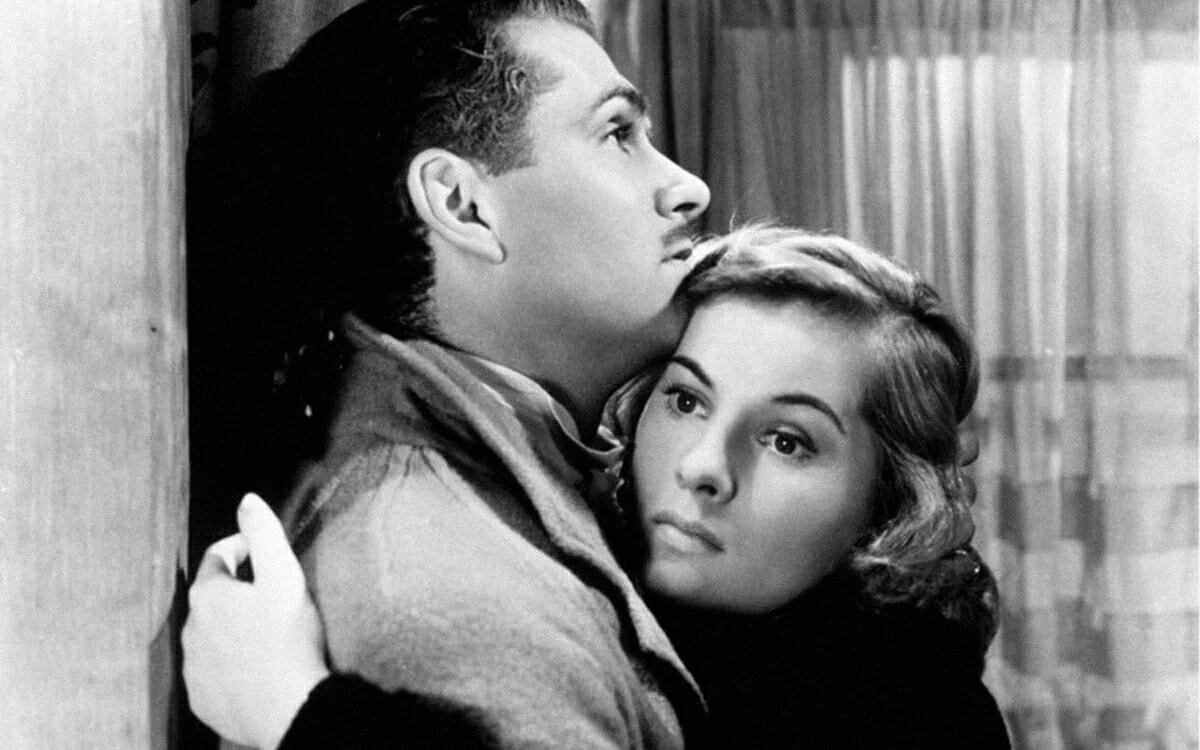
Locke | The Hero's Journey at the Wheel
Year
Runtime
Director
Main Cast
Writer
Cinematographer
Music by
Format
Genre
There has always been an ancient primal drive behind filmmaking: the human need to tell a story. As the story grows, it becomes the scaffolding on which all the other elements are supported. What would happen if we brought cinema back to its purest form and original structure? What if we reduce every other element to highlight the essential, the storytelling?
These seem to be the questions that British screenwriter and director Steven Knight tries to answer with his movie Locke. After all, the movie is nothing more than the story of a man who struggles to get his life back on track in one night, while driving a car and having several phone calls. And yet, Locke is much more than a road movie: it is a great cinematic experience.
Steven Knight stood out for the screenplays he wrote for Stephen Frears‘ Dirty Pretty Things (2002) and David Cronenberg‘s Eastern Promises (2007). He is also one of the creators of the popular British television quiz show Who Wants to Be a Millionaire? as well as the creator of the drama series Peaky Blinders (2013) and Taboo (2017). Finally, he wrote the script for Pablo Larraín‘s upcoming movie Spencer.
Ivan Locke in the driver’s seat
Locke is the story of Ivan Locke’s (Tom Hardy) drive from Birmingham to London. Ivan is a dedicated family man who works as a construction foreman in Birmingham. On his way home after a day’s work, Ivan gets an unexpected phone call from Bethan (Olivia Colman), a colleague with whom he had a one-night stand months earlier. Bethan, who got pregnant after that night, tells Ivan that she went into premature labor. So he decides not to go home and drives to London to assist her during childbirth. All of this takes place before an exceptionally busy work day. Along the way, Ivan holds several phone conversations through which he faces the consequences of this choice, and witnesses the collapse of his private and working life as he realizes that there is no turning back.
Locke was shown out of competition at the 70th Venice International Film Festival. The movie won a British Independent Film Award for Best Screenplay. The National Board of Review featured Locke on its 2014 Top Ten Independent Movies list.
A theatrical approach
Apart from the opening scene, the entire movie takes place inside the title character’s car: a BMW X5. This fosters a strong sense of reality and continuity in the viewer who has the perception of watching a single 85-minute scene. In addition, Steven Knight chose to shoot Locke in real time. Eight nights of shooting with the entire movie shot twice a night. Three digital cameras constantly running. The only breaks were to change the cameras’ memory cards, as reported in a New York Times article. And what is more, the car was placed on a flatbed truck proceeding down the highway. A tough challenge for cinematographer Haris Zambarloukos who had to deal with both natural light and highway streetlights.
Tom Hardy is the only character to appear onscreen, while the others are heard from the car’s speakerphone (most notable are Ruth Wilson, Tom Holland, Bill Milner, Andrew Scott, and Ben Daniels). Steven Knight chose to shoot phone calls in real time as well. Indeed, the crew attached a phone line to the car so that the offscreen actors could call from a hotel room. All of these elements combined to make Locke a movie that, in a way, approaches theater in its use of continuity and radio drama in its use of voices.
A hypnotic and claustrophobic cinematic experience
The tight location and the performance of Tom Hardy, whose face is in close-up most of the time, create a sense of claustrophobia that is typical of single-location movies, such as Alfred Hitchcock‘s Rope (1948) and Richard Linklater‘s Tape (2001), which also take place in real time, or Rodrigo Cortés‘ Buried (2010), and Roman Polański‘s Carnage (2011).
Steven Knight succeeds in exploiting creative freedom to its fullest to craft a balanced psychological drama. Every technical choice reverberates with the essential quality of the screenplay, which in this case is the heart of the story (the contrast between the concrete he uses at work, and Ivan’s life falling apart is fascinating, as are his imaginary conversations with his father, who he envisions sitting in the back). Indeed, Steven Knight has skillfully structured Locke on the common template of the hero’s journey.
In the end, Ivan Locke is an ordinary hero with whom the viewer can easily empathize. And Locke is a movie that turns into a real lesson on the natural force and beauty of storytelling.
Tag







